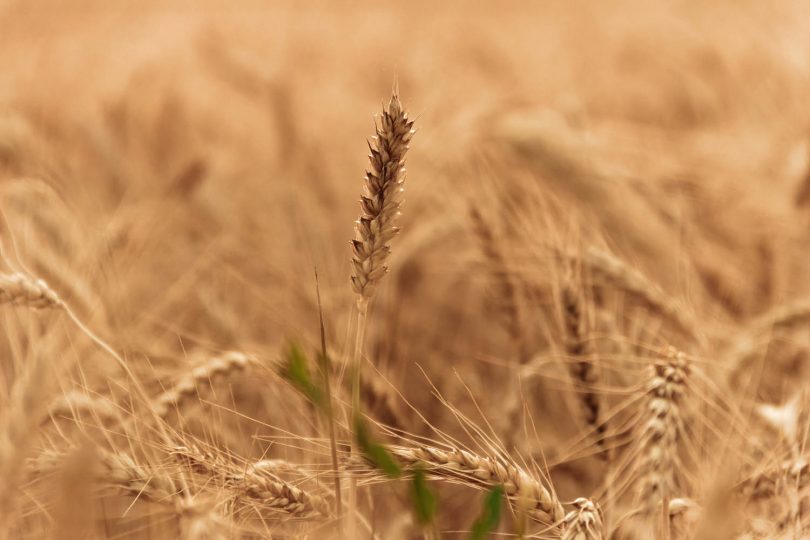Seventh Sunday after Pentecost
At the time Jesus spoke this parable, some would have thought he was telling them of the Roman invaders that lived in their land. It was common to malign Caesar in demonic or satanic terms. On the other hand, it was a world without sufficient protection from harm, theft, injury, and murder. Sin was present in every person’s heart, and there seemed ample reason to harshly judge family, neighbors, and foreigners.
It is far too easy for us to judge each other. There are the people we judge to be good and acceptable, and those we judge to be evil. It is natural to push away those who seem to be evil.
But if we are the wheat of the field, we are not here to judge our neighbors. We leave judgment to God. If we are the good plants that produce grain, then our job is to grow and be healthy. It is true that weeds compete with the good plants for water and nutrients from the soil, but the good plants must also share the same resources.
The parable of the weeds suggests that Jesus does not destroy evil, because the good might be hurt in that same destruction. It is better to see what grows, and only then will God execute judgment.
We can’t always tell the wheat from the weeds. Tax collectors and prostitutes were all commonly seen as evil, but Jesus came to save them. Reading the Gospels, we see that the evil ones can be “respectable people” like King Herod, Roman soldiers, religious leaders, and teachers of the law.
We can be thankful it is not our task to judge. We leave final judgment to God. “Beloved, never avenge yourselves, but leave room for the wrath of God” (Romans 12:19).
It is our job to grow and bear good fruit. God is a better judge of good and evil than any of us.
Rick Newswanger, pastor, Lake Auburn Moravian Church, Victoria, Minnesota

